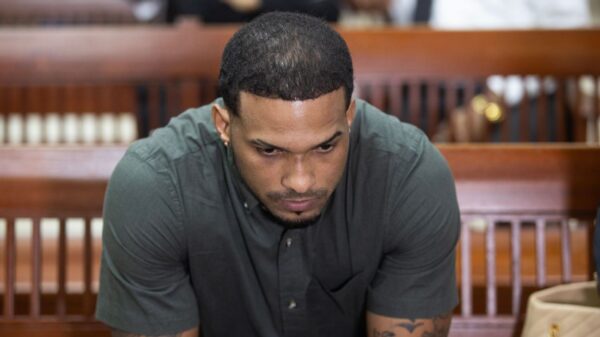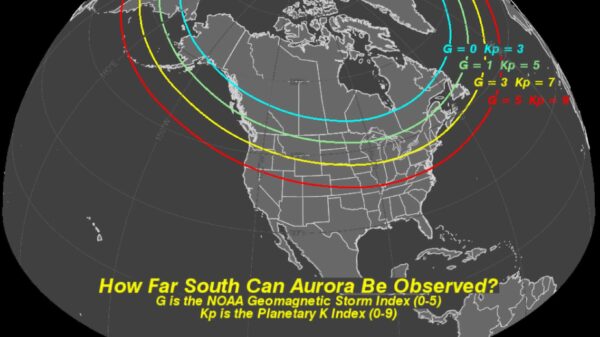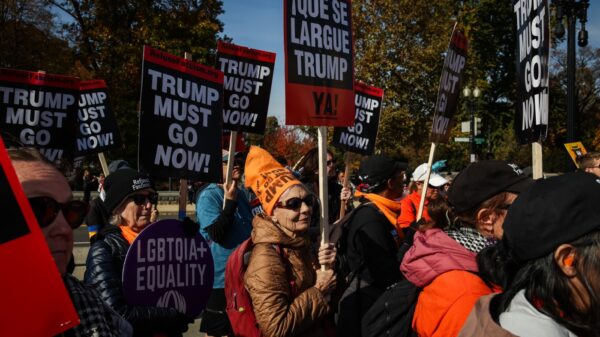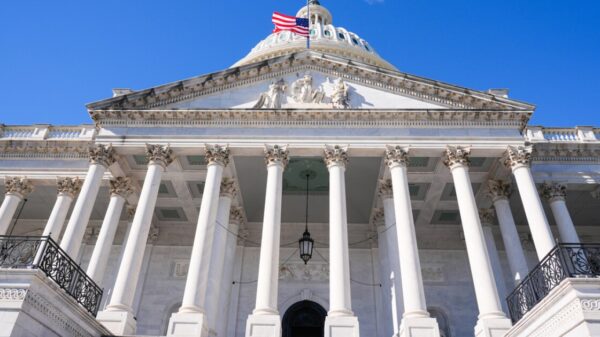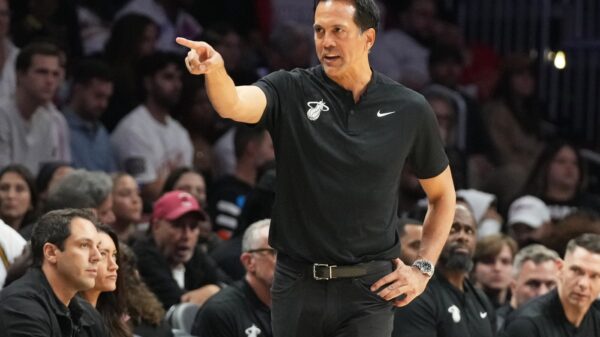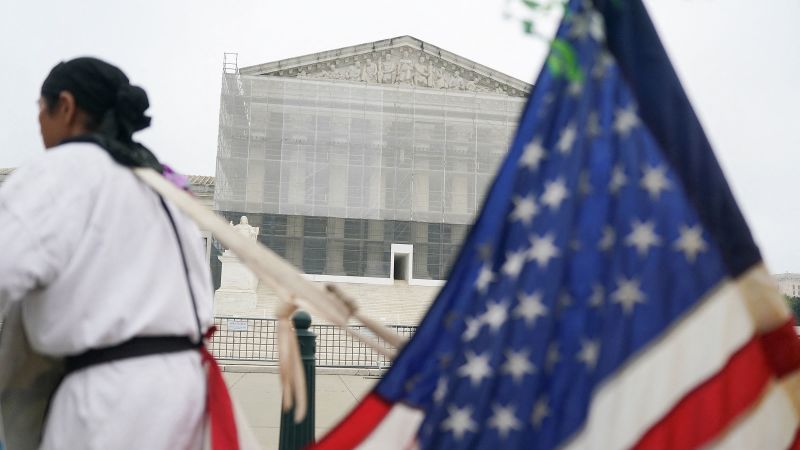Three days after the Supreme Court’s pivotal decision on the scope of court orders against presidential policies, the legal battle over former President Donald Trump’s executive order aiming to end birthright citizenship has reignited. A Justice Department attorney, Brad Rosenberg, announced the administration’s intent to oppose class action lawsuits challenging the order. This development unfolded during federal court proceedings in New Hampshire and Maryland, where Trump’s executive order had previously been halted by universal injunctions.
The Supreme Court’s recent ruling limits lower court judges’ ability to issue universal injunctions but maintains the option for plaintiffs to seek similar relief through class action lawsuits. Attorneys representing the plaintiffs in the New Hampshire and Maryland cases swiftly moved to file class action lawsuits, seeking to certify a class that includes both born and unborn children potentially affected by Trump’s order, along with their parents. When questioned by the judges about the administration’s stance on class certification, Rosenberg confirmed their opposition.
Legal Maneuvering and Supreme Court Implications
The Supreme Court’s decision has prompted a strategic shift in litigation tactics. Class action lawsuits could potentially achieve the same nationwide impact as universal injunctions, a point underscored during the Supreme Court arguments. Several justices, including Justice Amy Coney Barrett, who authored the court’s opinion, questioned the practical differences between these legal approaches.
Solicitor General D. John Sauer, during the Supreme Court proceedings, refrained from committing to a position on class certification, indicating that the administration would evaluate the appropriateness of such certification on a case-by-case basis. Justice Brett Kavanaugh pressed Sauer on the issue, to which Sauer responded,
“Our position is that (class certification) is how these sorts of claims should be channeled.”
Judicial Demands and Government Responses
Federal Judges Joseph Laplante and Deborah Boardman have demanded clarity from the administration regarding the potential deportation of children under Trump’s executive order. Judge Boardman emphasized the importance of the government’s position as she considers an emergency ruling to block the order. She requested a detailed explanation by noon Tuesday on what actions the government believes it can undertake under the executive order, in light of the Supreme Court’s decision.
During the proceedings, Rosenberg assured Judge Boardman that the executive order would not be operative for 30 days, a statement met with skepticism. Boardman, appointed by President Joe Biden, had previously blocked the order through a nationwide injunction. The plaintiffs, which include immigrant rights groups and expecting mothers, have refiled as a class action suit and requested an emergency order to protect a “putative class” from the policy’s impact.
Historical Context and Future Implications
The controversy surrounding birthright citizenship is not new. The 14th Amendment, ratified in 1868, grants citizenship to all persons born or naturalized in the United States. Trump’s executive order challenges this long-standing interpretation, sparking intense legal and political debates.
Legal experts suggest that the outcome of these class action lawsuits could set significant precedents for future executive orders and the judicial system’s role in checking presidential power. The administration’s opposition to class certification highlights the ongoing tension between executive authority and judicial oversight.
As the legal proceedings continue, the implications for families potentially affected by the executive order remain uncertain. The courts’ decisions in these cases will not only impact those directly involved but could also influence broader immigration policy and constitutional interpretation in the United States.
With the Department of Justice expected to file further legal arguments, the next steps in this legal saga will be closely watched by legal scholars, policymakers, and affected communities alike. The resolution of these cases could redefine the landscape of birthright citizenship and the judicial mechanisms available to challenge executive actions.



